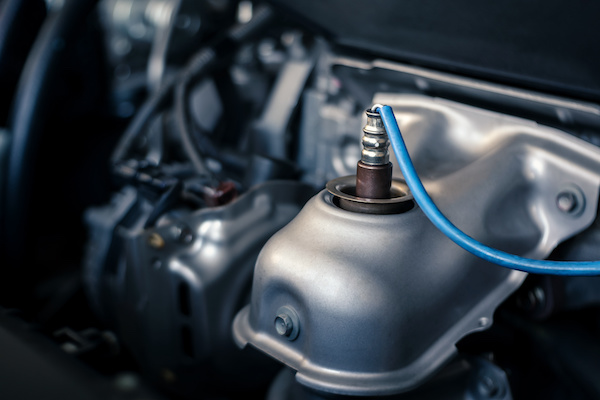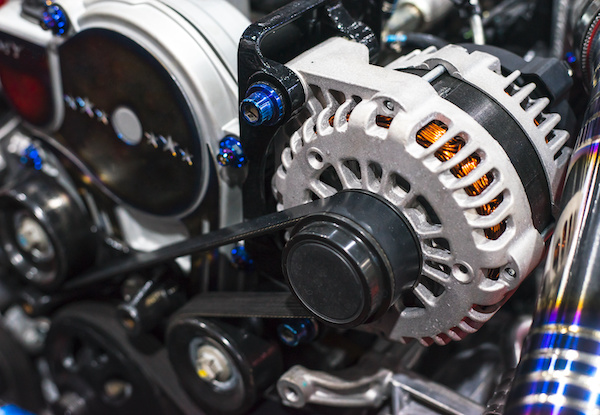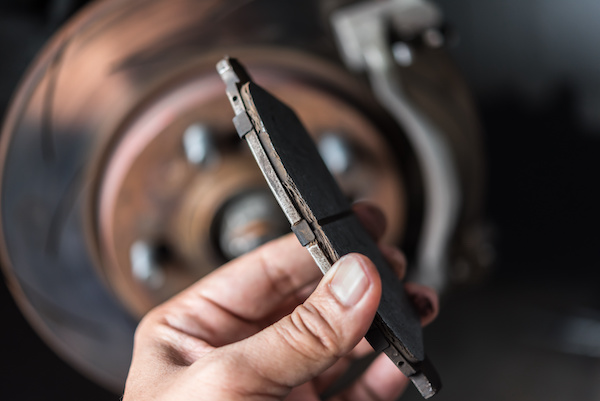Posted on 12/23/2022

Extreme weather conditions like winter significantly impact driving, requiring major adjustments. While most fatal car crashes occur during winter, your safety depends on your performance and how well you prepare for winter driving. Preparing Your Car for Winter Driving Sleet, ice, snow, and freezing temperatures affect your driving in winter. Make sure your car is well-adjusted for such extreme conditions by considering these maintenance suggestions before winter. Test Your Car Battery before Winter In cold conditions, the battery performance drops. Ensure it's charged and working optimally because cold weather significantly affects battery cells lowering their performance. Keep your Gas Tank Full A snowstorm may cause you to change routes due to traffic delays or diversion to safer roads. These may be longer, requiring more fuel. Also, a full tank prevents your vehicle's gas line from freezing. Check the Anti-freeze before Winter Ensuring your anti-freezing is workin ... read more
Posted on 11/29/2022

Most modern cars have complex self-monitoring systems which use a computer to interpret signals from the car. The data is crucial to ensuring all parts of the vehicle work properly, including the oxygen sensors. Oxygen sensors check if the car has enough oxygen and report the data to the powertrain control module (PCM). Bad sensors will send the wrong information to the computer and cause more severe issues. It would be best to know the symptoms of a bad oxygen sensor to take corrective action. The following are the symptoms of a bad oxygen sensor: Check Engine Light Is On A bad oxygen sensor is an engine problem ,and if the car's computer is working correctly, a damaged oxygen sensor may turn on the check engine light. The check engine light could mean many things are wrong with the engine. You should take the vehicle to a repair shop to find out what engine issue is turning on the light, which may be the bad oxygen sensor. High Fuel Consumption An engine with a bad oxygen se ... read more
Posted on 10/31/2022

Your car's alternator may not be the first thing you think about when your car won't start. For example, a vehicle won't start with a dead battery. However, a dead battery could mean your car's alternator will finally quit working. The good news is that when you know what your car's alternator does for your car, you'll better understand what to look for when your car starts acting strange or won't start. Alternator Basics A typical gas-powered vehicle uses an electrical system to run things like headlights and power windows, to name just a few. The car battery will power everything, like when you first turn the key, and the radio comes on. If you stop turning the key and leave the radio on, the battery will die, even quicker if you turn the headlights on. When you start the car the alternator takes the electricity from the battery and starts generating an electrical current that keeps the car's lights, radios, and other things running. At the same tim ... read more
Posted on 9/29/2022

Taking care of your vehicle is one thing but taking care of its tires is another. Tire maintenance is a significant investment that comes with lots of benefits. With proper maintenance, car tires last longer, thus improving your vehicle's traction. Some of the benefits include; Improved energy efficiency and fuel saving Enhancing the safety of both you and your passengers Cost saving as there won't be the need for monthly or yearly tire replacement Below, we'll discuss some vital tips for making your vehicle tires last long. 1. Have then rotated regularly Rotating car tires regularly prevents uneven wear and tear of the tire tread. Generally, front tires wear out faster because front tires turn when a vehicle takes a turn, which is why it's essential to rotate the tires once or twice a year or about every 6000 miles. This ensures the front and back tears wear out evenly. 2. Inspect them regularly Vehicle tires can sustain wear and tear or significant damage witho ... read more
Posted on 8/30/2022

Planning is an important part of everyone's life. One part of planning is deciding when things like brake pads should be replaced. Doing it too soon is a waste of money while doing it too late can risk the lives of everyone in the car. So how often should brake pads be replaced? Many factors affect the timeline for when we should change brake pads. The make and model of the vehicle play a key role in the durability of brake pads. Another factor affecting brake durability is how much weight your car carries regularly. If you would like your brakes to last longer, avoid driving past the speed limit and making sudden brakes when driving. Your car also has maintenance guidelines that you should adhere to if you would like your brakes to last you longer. One thing is for sure though there are telltale signs that can alert you to get your brake pads. Here are some of them. 1. Squeaking or squealing every time you hit the brakes Some cars will even squeak before the driver uses the b ... read more